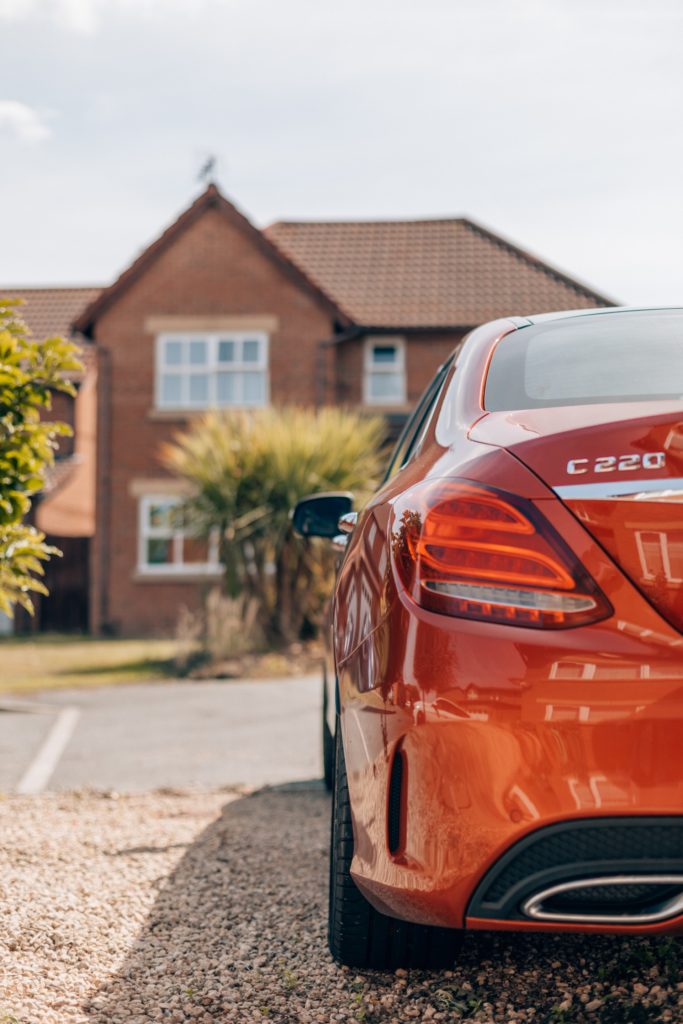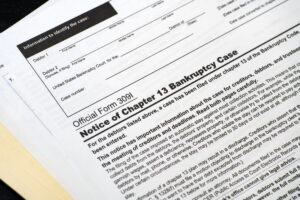Yes, You Can File Bankruptcy And Keep Your House And Car
Worried about whether you can file bankruptcy and keep your house and car? If you think you lose your house and car when you file bankruptcy, you have been misinformed. Talk to any experienced bankruptcy in Denver, Colorado, and they’ll tell you that it is extremely rare for someone to lose their house or car when they file bankruptcy.
The bankruptcy rules are designed to allow good faith filers to get the fresh start they need while keeping their assets in their possession.
How An Experienced Bankruptcy Attorney Can Help You Keep Your House And Car When You File Bankruptcy
One of the primary things we’ll talk about when you come in for your free consultation is what assets you have, including whether or not you own or are financing your car or home. Trust me when I tell you that my worst nightmare is that one of my client loses his house or car when they file bankruptcy. That is the last thing I want to happen, and I will do everything I can to guarantee that it doesn’t.
There are two pieces of information about your house and car I’ll need to safely guide you through the bankruptcy process: how much, if anything, you owe on loans for your house and car and what the value of your house and car is. With those two numbers, we can determine how much equity you have. Equity is the value of your house or car that exceeds what you owe on any loans for them. For example, if your house is worth $200,000, but you only owe $100,000, then you have $100,000 in equity.
How To Protect Your House And Car When You File Bankruptcy In Colorado
There are rules that protect certain assets when you file bankruptcy. The homestead exemption and vehicle exemption protect equity in your house and car. Currently, the Colorado homestead exemption protects $250,000 in equity (or $350,000 if you’re older than 60 or disabled). The current Colorado vehicle exemption protects $15,000 in equity (or $25,000 if you’re older than 60 or disabled).
As long as your house or car has less equity than is protected by the exemptions, you can safely file Chapter 7 or Chapter 13 without worrying about the bankruptcy court taking your house or car.
If your house or car has more equity than the exemptions allow, we’ll discuss Chapter 13 bankruptcy. Chapter 13 protects your house and car but requires you to pay at least the value of the unprotected equity to your unsecured creditors by making monthly payments to the bankruptcy court in that amount.
So, let’s say you have $275,000 in home equity. That’s $25,000 more than can be protected. That means your unsecured creditors (credit cards, personal loans, medical bills, student loans, etc.) have to paid at least $25,000 in your Chapter 13 bankruptcy repayment plan. The bankruptcy court will allow you to pay that amount out of your regular income over 36 to 60 months.
Your house or car will not be taken by the bankruptcy court. You keep them in exchange for making your monthly payments to the bankruptcy court. If you stop making those payments, you lose the protection of the bankruptcy court. If that happens, your creditors can take legal action, like filing a lawsuit, garnishing your paycheck or bank account, and putting a lien against your home.
Talk To A Denver, Colorado Bankruptcy Attorney About How To Protect Your House And Car
We offer free consultations for people who are thinking about bankruptcy. When we meet, we’ll talk about all of your options, including debt consolidation, debt settlement, and debt management. The easiest way to schedule an appointment with a top-rated Denver, Colorado bankruptcy attorney is by clicking here.
Check out our client reviews on Google, Facebook, and Avvo!
How Student Loans Can Help You Avoid The Means Test
Can Bankruptcy Eliminate A Debt For Overpayment Of A Public Benefit?
When Is A Property Settlement In Divorce A Non-Dischargeable Support Obligation In Bankruptcy?
5 Reasons You Should Not File Bankruptcy
6 Ways Bankruptcy Can Help You Sleep Better At Night
Should I Load Up On Debt Before I File Bankruptcy?
How A Secured Credit Card Can Help Rebuild Your Credit After You File Bankruptcy



